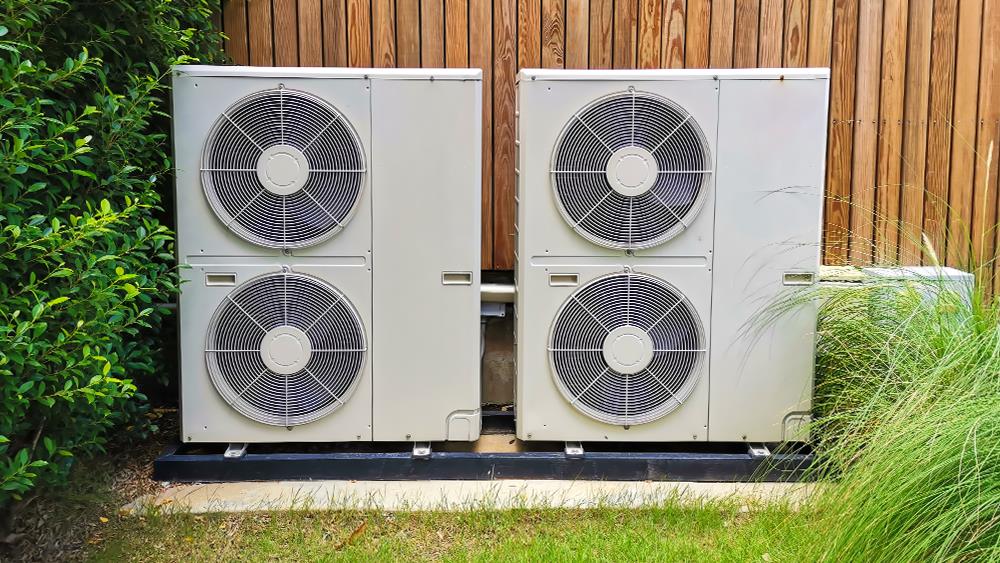

Research by Delta-EE reveals that heat pump costs could fall by up to 40% over a 10-year period. As much as 20% of this cost reduction will largely be driven by market competition squeezing margins across the supply chain.
The study, published in response to the publication of the government's Heat and Building Strategy, identifies two scenarios for cost reduction: a base case and an optimistic projection. Both forecasts consider the same cost reduction techniques, with the different profiles largely driven by the projected number of installations. Factors considered include making installation simpler, increasing the number of bulk orders (for example in social housing), and optimising manufacturing processes (e.g. with more automation), which could each contribute up to a 10% reduction in heat pump costs.
“While overall the grants announced in the Heat and Building Strategy are a step in the right direction to decarbonising a crucial area in the UK’s overall emissions, these proposals are not sufficient to achieve the government’s decarbonisation goals. Our research suggests reaching a 25-50% cost reduction, as proposed in the Heat and Building Strategy, is unlikely to be met, especially by 2025 as is currently suggested.”, notes Lindsay Sugden, Head of Heat at Delta-EE.
The cost reduction trajectory highlighted in the research’s optimistic scenario would reduce the marginal cost of a heat pump, compared to a gas boiler, to around £4,000. It is therefore not enough in itself to bring down the upfront costs of a heat pump in line with a gas boiler. Additionally, to reach the optimistic scenario, the report notes there would need to be installations in the high hundreds of thousands, which is a significant step up on current figure of an expected 50,000 in 2021.
“While a reduction in upfront costs is important, heat pumps currently can’t compete with gas boilers on running costs, even with a gas crisis as the backdrop. Our modelling suggests that current running costs for heat pumps need to be a third lower than they are today to achieve a payback against a gas boiler.
“A shift in levies from electricity to gas (currently being discussed in the UK) could go some way to addressing this issue – for example Denmark has seen success through reducing taxation on electricity for heat. But there are also other ways to address this, through, for example, CO2 taxes, and time of use tariffs”, adds Sugden.
In the base case scenario where there are fewer installations and less market competition, cost reductions could be as low as 25%. The report suggests stable policy support, training enough installers, and fostering a market of innovation, all while promoting public awareness, will be essential to ensure maximum and sustainable cost reductions.